Campaigners find flaws in Switzerland’s new asylum system
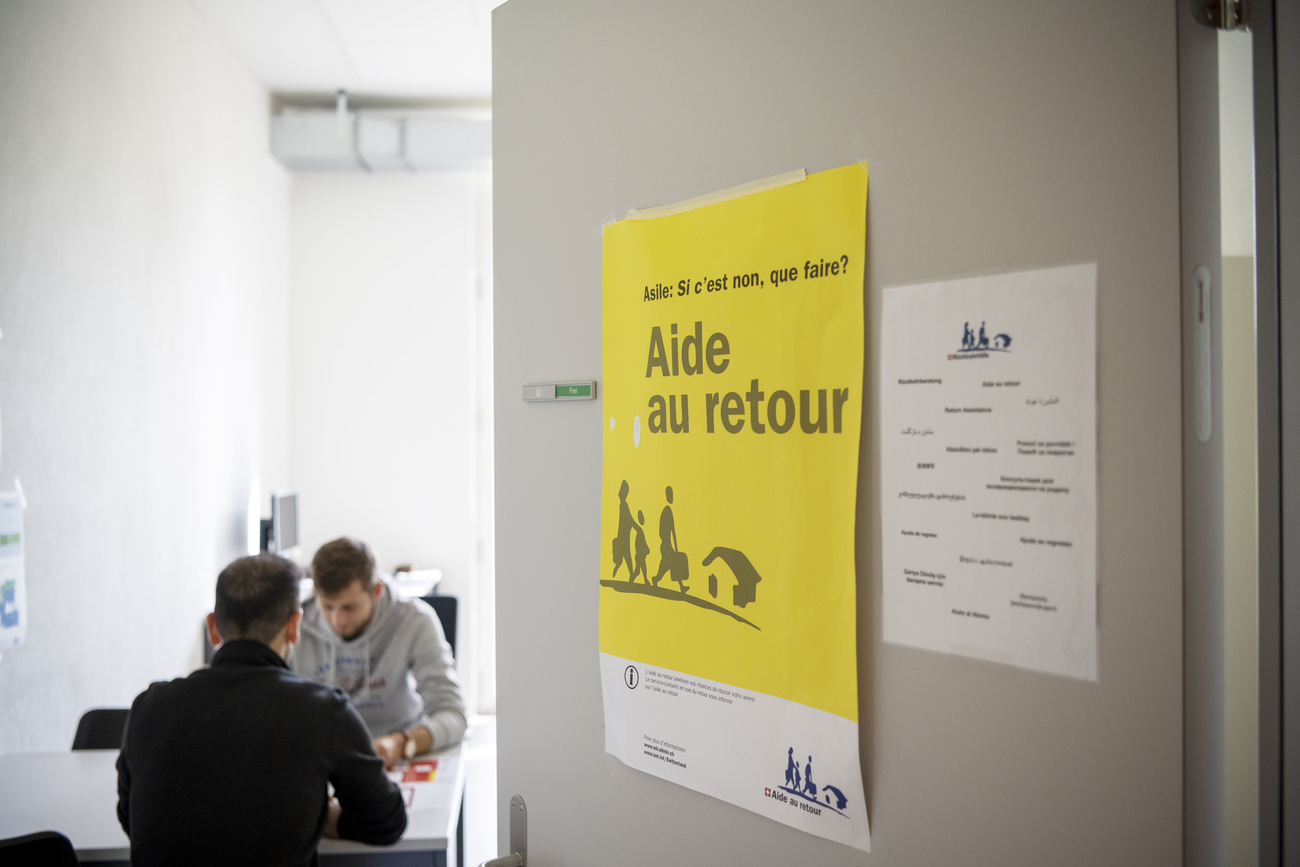
Rushed procedures, untenable delays, health problems ignored: the criticism has been harsh and unrelenting since reforms of Switzerland’s asylum system in March 2019. The State Secretariat for Migration has made adjustments, but insists the system works.
The objective of the asylum reform, approved by 65% of voters in a referendum in 2016, was to accelerate the processing of asylum applications so that integration or expulsion could happen as quickly as possible. But organisations and lawyers complain that speed is being prioritised at the expense of quality.
The criticism is supported by statistics from the Federal Administrative Court (FAC), which deals with appeals against asylum decisions. Since the implementation of the new system, the number of cases sent back to the State Secretariat for Migration (SEM) for re-examination has jumped from 6.5% to 13%. In the vast majority of cases, according to a statement by the FACExternal link, judges have ruled that “SEM had not established the facts with sufficient precision in terms of the grounds for asylum” or that there are “gaps in the investigation of medical problems”.
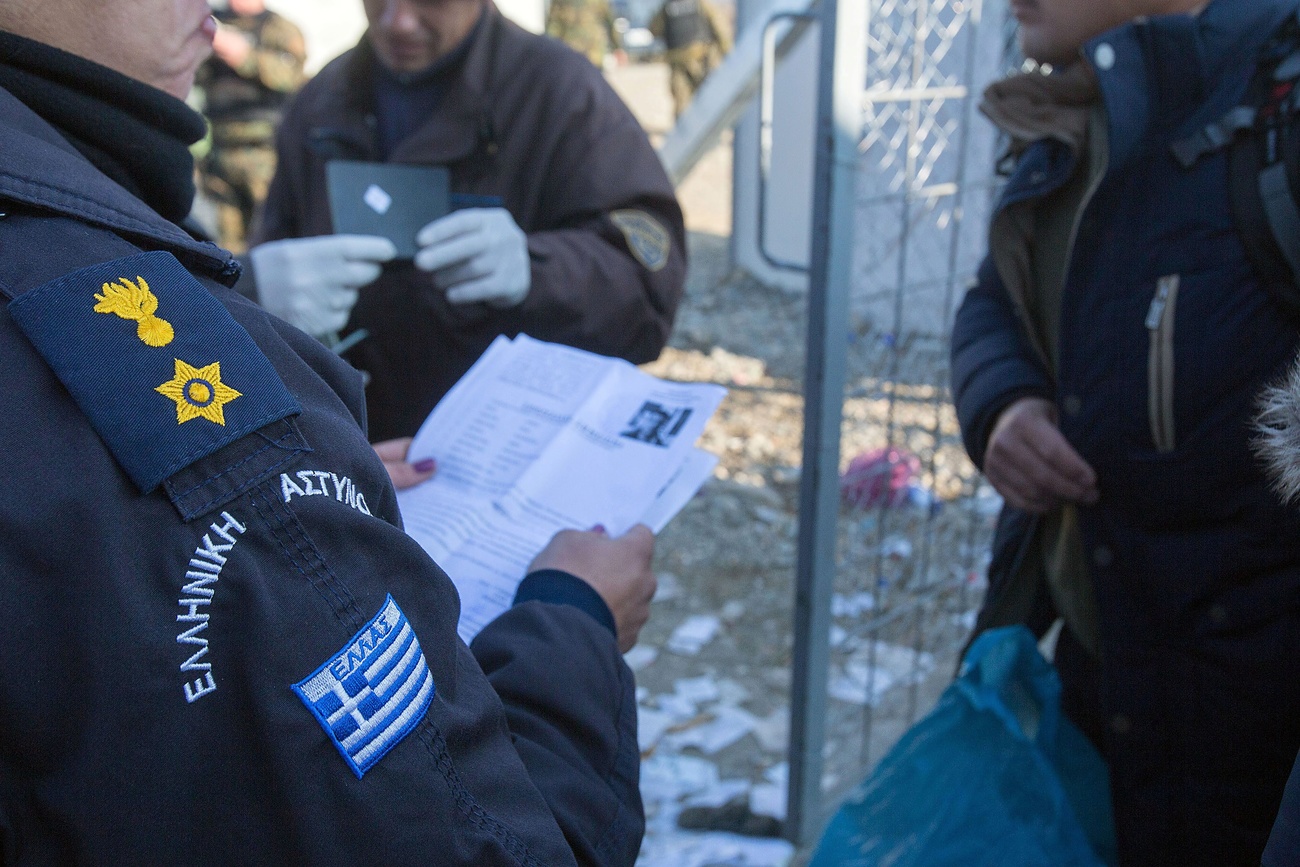
More
Accelerated asylum: creating more problems than solutions?
Take the example of the asylum request lodged by a Syrian man on September 6, 2019. The man told of having been kidnapped, detained, and tortured by armed groups. SEM interviewed him once on October 9 and rejected his request on October 21, finding that his story was implausible. The asylum seeker appealed to FAC, which ruled in his favour and sent the case back to SEM. The judges found the investigation into the grounds for asylum was “inadequate” and that the essential elements had not been clarified.
Lack of clarification
Another example involves a Guinean citizen who lodged a claim for asylum on March 4, 2019, stating he had been arrested, detained, and tortured by his country’s police. The man was interviewed four times and indicated that he suffered severe back pain and mental health issues. SEM rejected his request on April 12 and ordered his expulsion to Guinea.
The asylum seeker appealed the decision and FAC decided to send the case back for re-evaluation. The judges considered that the pertinent facts had not been satisfactorily established and that migration office had not considered all the circumstances or relevant evidence in reaching its decision. The FAC demanded that a “detailed clinical picture and complete diagnosis” be included in a new medical report.
“It’s proof that the system works,” says SEM spokesperson Emmanuelle Jaquet von Sury. She notes that the aim of the revised law on asylum is to conduct expedited and fair procedures, by assigning each asylum seeker a legal representative to accompany them throughout the whole process.
“A higher number of decisions overturned by the FAC demonstrates that the lawyers appeal when there is a real need for legal action,” she added. “SEM makes sure that each decision is the subject of a careful examination of the facts and is based on all the facts available.”

More
Accelerated asylum: creating more problems than solutions?
“Sorting error”
The Swiss ‘Coalition of Independent Lawyers for Asylum’ also points the finger at the large proportion of cases being fast-tracked compared to more complex cases that are subject to an extended process. When implementing the new system, SEM estimated that around 28% of requests would be treated by extended procedures. However, this percentage was only 19% at the end of 2019.
The federal court also accused SEM of such a “sorting error” when an asylum request was fast-tracked despite the asylum seeker’s lawyer complaining that the complex case would make it impossible to contest a decision within the expected timeframe. Judges sent the case back to migration officials and demanded that it be given more thorough consideration. The court verdict said fast-tracking was only legal if the decision was made with the “required diligence” to satisfy the law.
Jaquet von Sury explains that the assignment of a case to an expedited (fast-track) or extended procedure depends mainly on the person’s origins and the complexity of the case. In the wake of FAC’s criticism, SEM “has as a result adjusted its practices and clarified the procedure for attributing a case to the extended process”. Last year’s figures from SEM show that 26% of cases were subject to the extended procedure.
It is a situation that remains unsatisfactory, according the Swiss Refugee Council, because there are still too many complicated requests that are fast-tracked. The organisation recently published a series of criteria that should be taken into account when cases are sorted.
Disjointed collaboration
Organisations representing asylum seekers’ interests also denounce the security regime which prevails in federal asylum centres.
“Residents have little freedom to organise their days in an autonomous manner. The restrictions on private life in the name of security are considerable,” says Amnesty International, which notes there are regular searches of sleeping quarters and body searches upon entry to buildings.
The NGO has noted access to medical services is complicated in some centres by a lack of interpreters and unsatisfactory cooperation between migration officials, lawyers, and doctors.
It is a weakness Jaquet von Sury recognises. She says the complex but necessary collaboration between “several people with different roles” explains the difficulties in correctly establishing asylum seekers’ medical facts.
“Necessary adjustments”
A working group is currently examining problems with the new asylum procedure.
“The first adjustments have already been put in place and roles have become better defined, so that the collaboration of each stakeholder can be improved,” says Jaquet von Sury. She says it took time for all the procedures to become fully established. “It is normal that adjustments are necessary in a reform of this magnitude, but the system is working.”
Her optimism is not shared by the Coalition of Independent Lawyers for Asylum, which says too many cases are being fast-tracked. Along with other critics, it is calling for more time to be spent at all stages of the process, more flexibility and extended appeal deadlines.
“The time invested will pay off in the end for two reasons: it will ensure quality asylum decisions and avoid lengthy appeal processes,” says the Swiss Refugee Council.
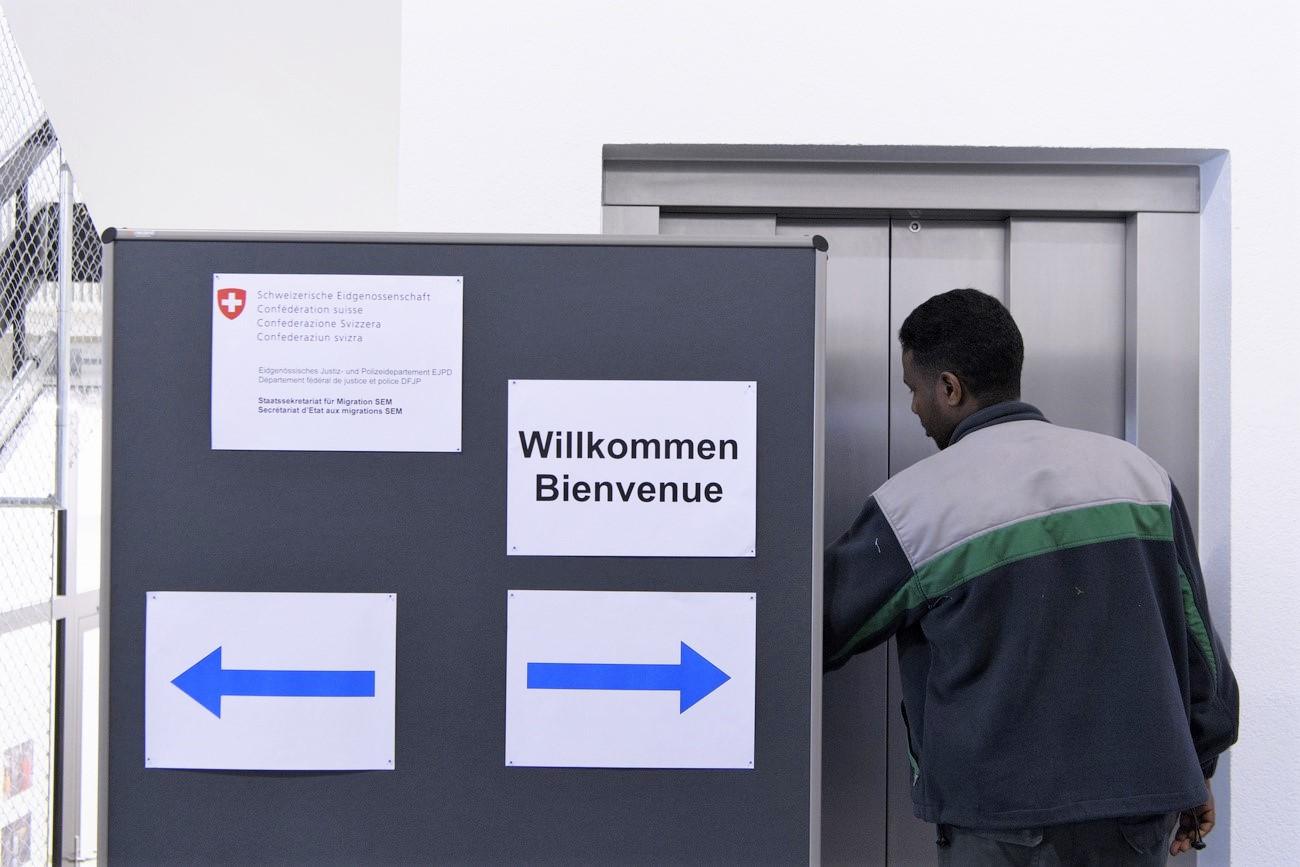
More
How well does the new Swiss asylum system work?

In compliance with the JTI standards
More: SWI swissinfo.ch certified by the Journalism Trust Initiative
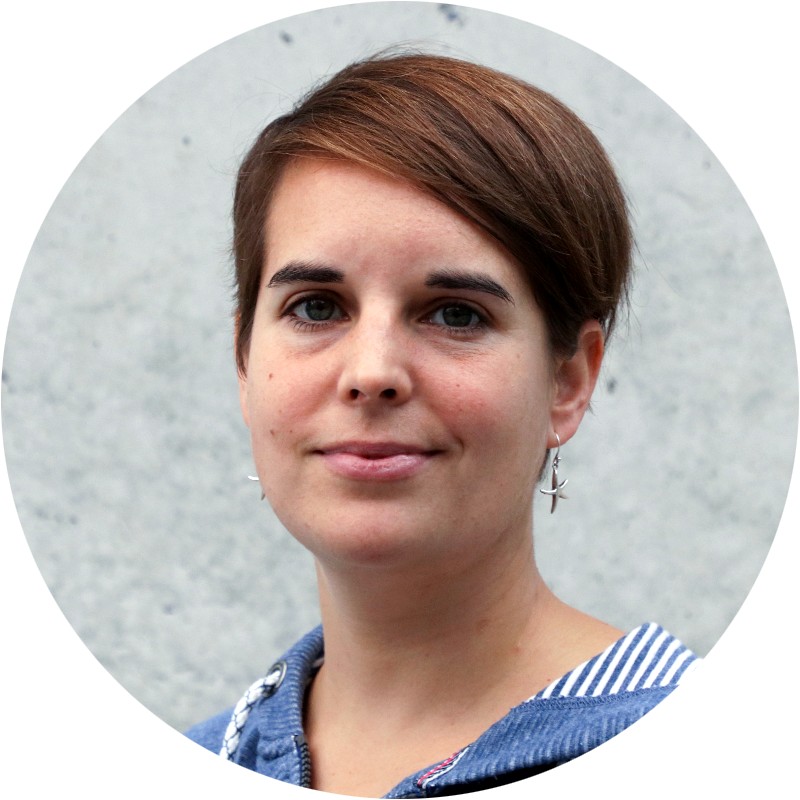
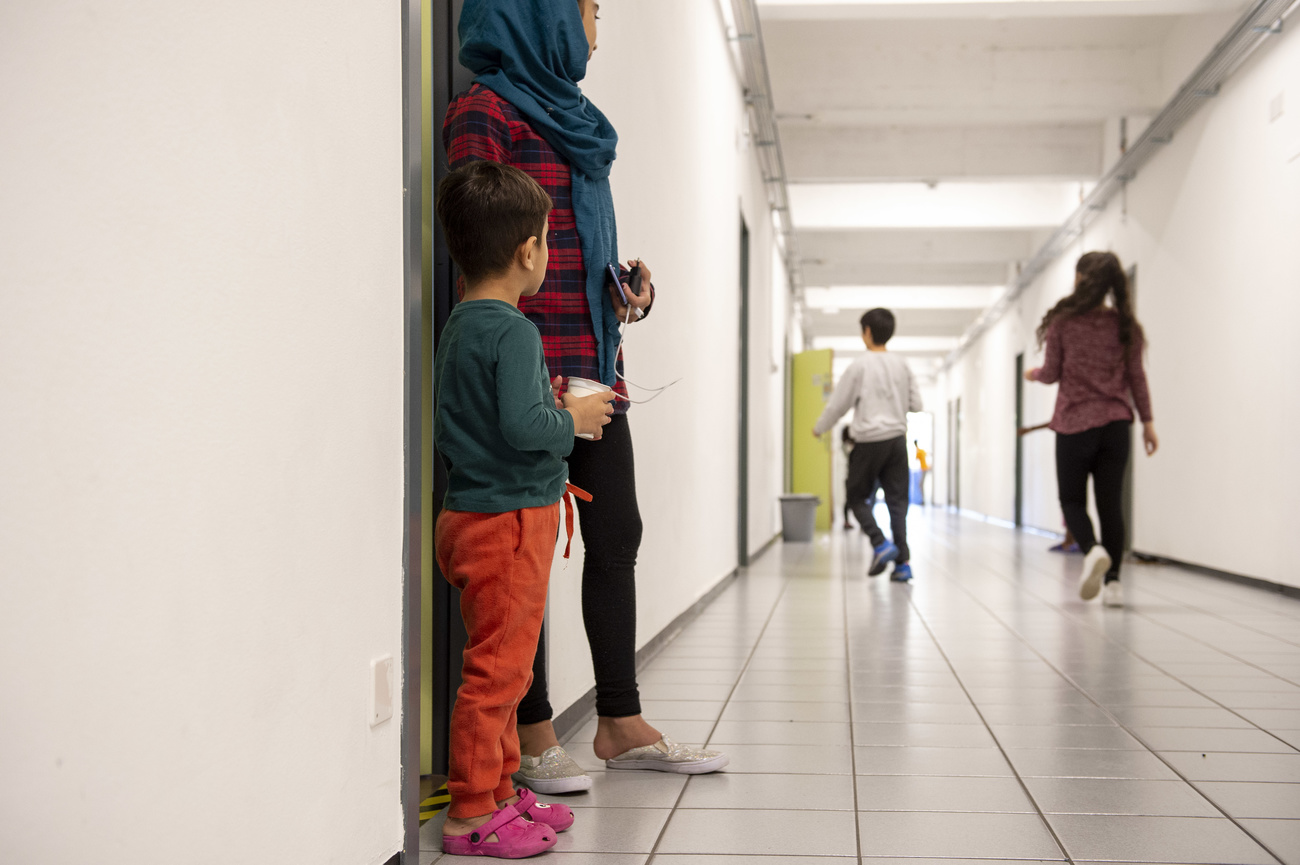

Join the conversation!